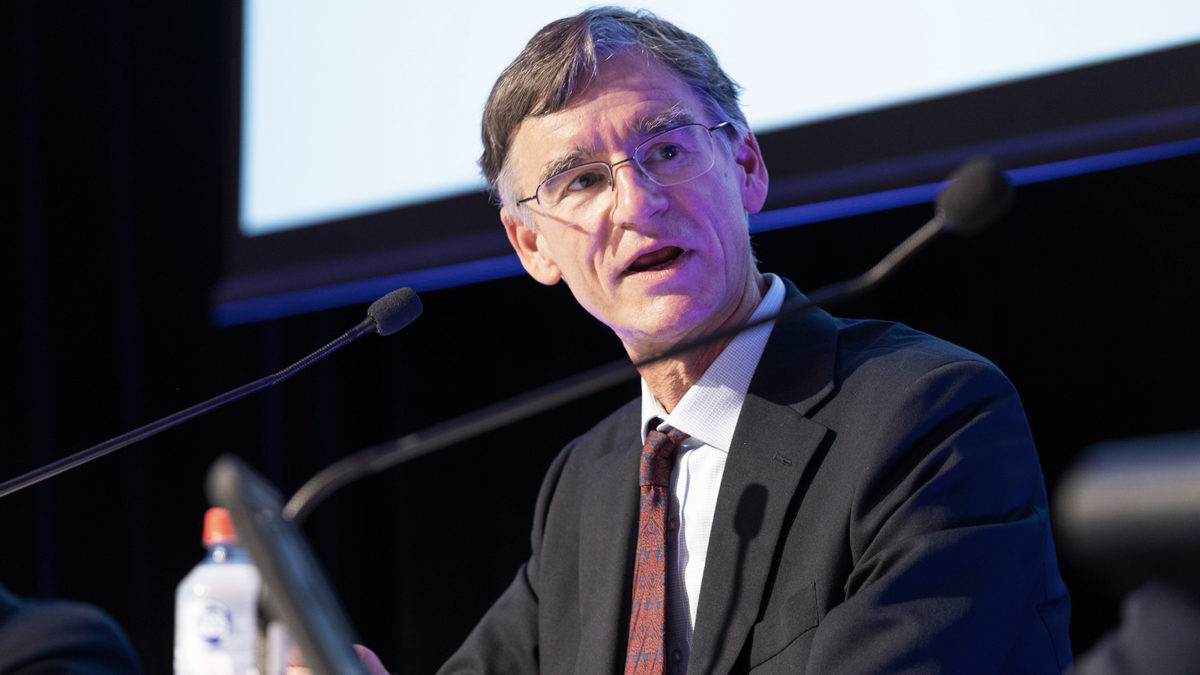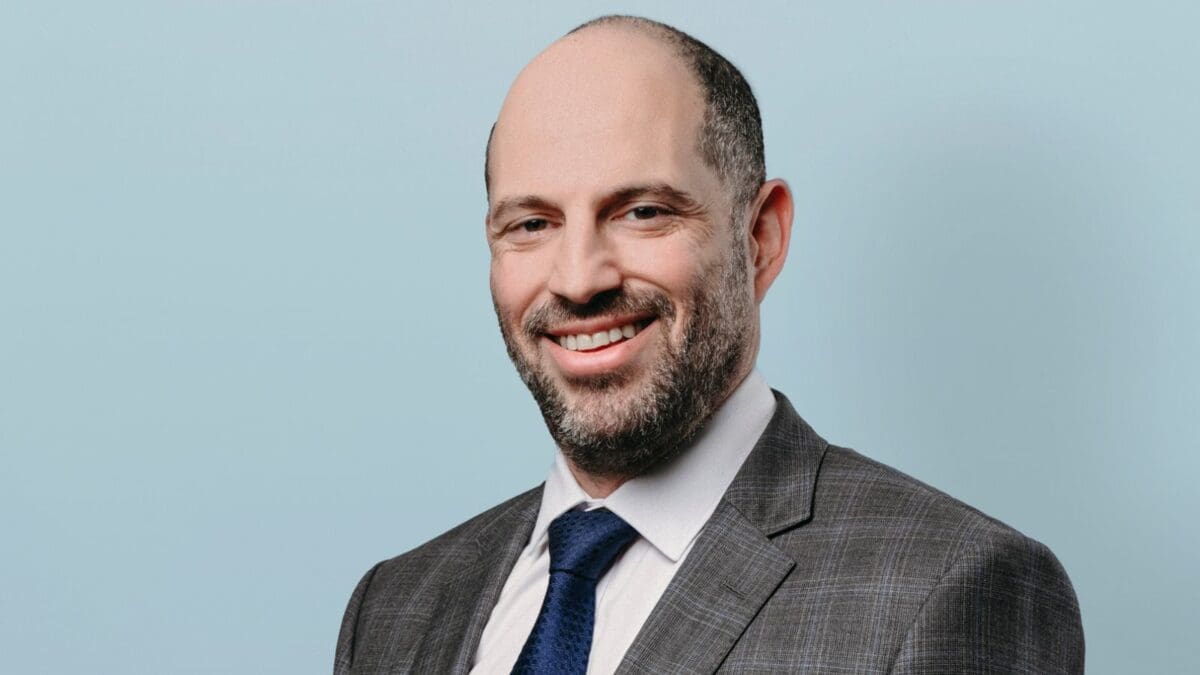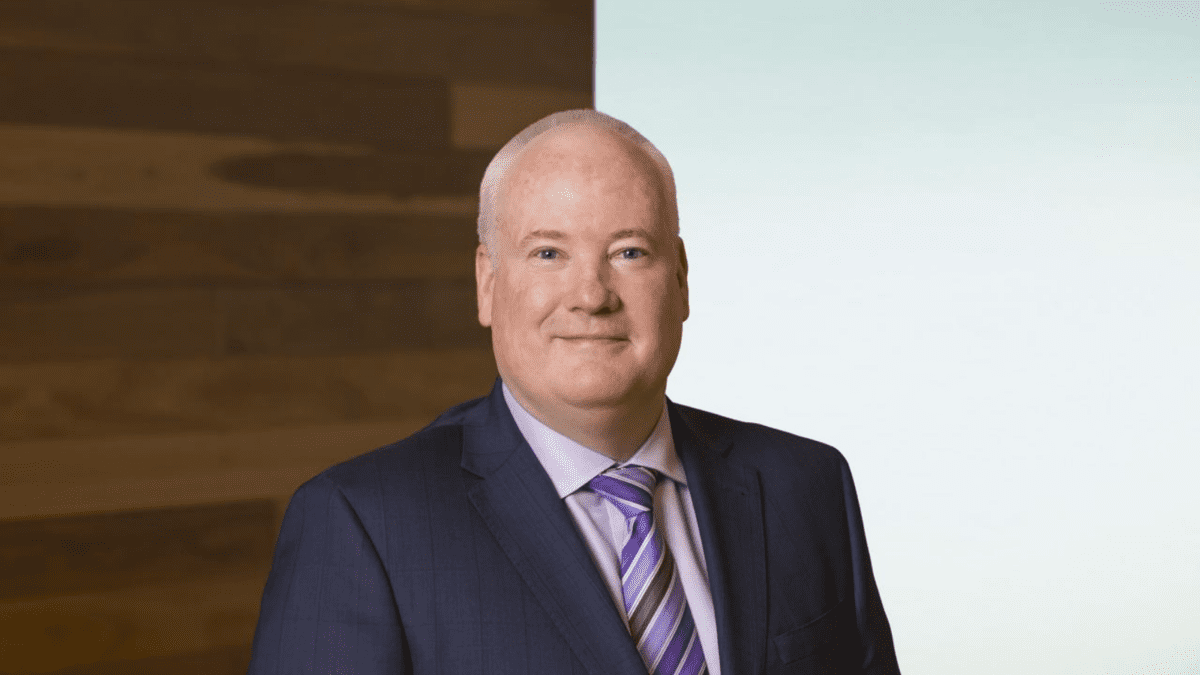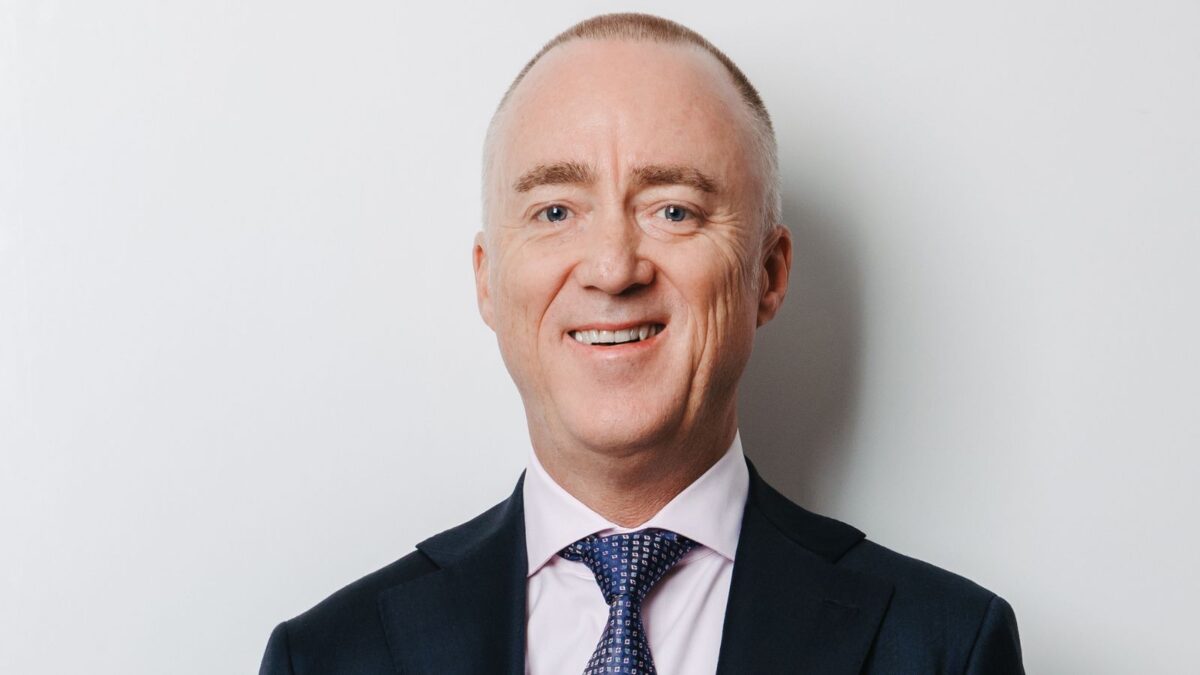Why super’s manager merry-go-round is ‘the definition of insanity’
Manager selection isn’t easy (and almost impossible to do with hard data, given the time series required to conclusively prove that outperformance is skill, not luck) but another factor kneecapping it is that nobody wants to bring a loser to the party – at least, not until they start winning.
And that can perpetuate an endless cycle of managers being swapped out just as their fortunes might be about to turn.
“This takes you to what I call the manager merry-go-round, where a manager gets terminated for poor performance – usually three years of it – and replaced by a similar management with good performance – usually three years of it,” Peter Barany, senior portfolio manager for public markets at Australian Retirement Trust (ART), told an adviser event on Thursday.
“That’s peak risk for underperformance because of a change in style or investment regime or a a reversion to the mean. Einstein defined that as insanity; getting on the merry-go-round and doing the same thing over and over again. It’s also called chasing past performance.”
There’s also the question of the manager’s business lifecycle, and the risk that comes with it.
“An early stage manager is usually full of entrepreneurial people who are all hungry; they want to outperform, this is their shop so they’re all driven,” Barany said. “But often they aren’t turning a profit, and a couple of years of poor performance and that manager won’t be there anymore.”
“On the other side of the coin is the mainstream, the mega managers. Business risk is a bit lower, they’ve got a diverse product base and they’re managing more money – but they can be overly bureaucratic, with high staff turnover – or even worse, they’re fat and happy and the people that leave are the ones that are any good. We’ve all seen what can happen with an established manager.”
But ART does think there’s benefit to being early and catching a new manager at their early stage – you just need to be “tapped in” and know when key personnel are heading out the door and whether they intend to start their own shop.
But the real ”elephant in the room” is passive investing, which Barany calls “the perfect business model” because it’s provided investors massive benefits while representing a mostly fixed cost business where that cost is spread over a huge amount of unitholders. Net of fees, passive management has outperformed active management for pretty much the last 20 years, Barany said.
“But when somebody invests in a global equity passive portfolio, they think they’re investing in something pretty neutral and pretty diversified. But they’re holding 70 per cent in the US, and 25 per cent in information technology. Diversified and neutral? Probably not.”
“And they’re all market cap weighted… That’s okay, until things change – and change they have. In 2022, for the first time in a long time, active managers beat passive managers – especially in US large cap.”
ART likes to take a more balanced approach; being passive in public market equities allows it to spend its fee and risk budget in areas like private markets, where the gap between the best and worst performing managers is larger. And for a growing fund it’s helpful to dump massive amounts of money into passive., while focusing it on the opportunity cost of active management.
“If we’re paying active management fees, we want them to be taking the right risks – idiosyncratic risks. We’ve got ways of chopping up the risk a manager takes and figuring out how much is idiosyncratic and how much is market or style risk that we can buy pretty cheaply.”










